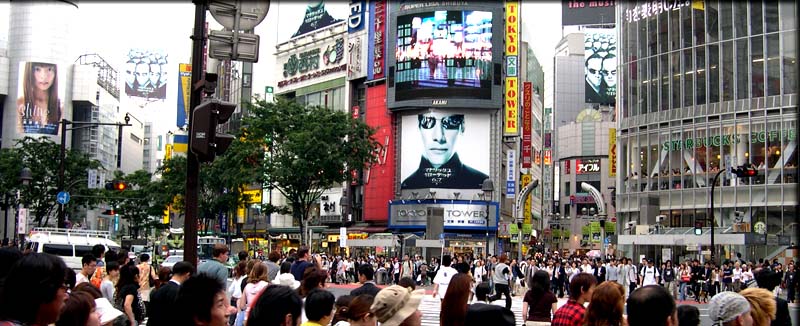In this day and age, nations are discovering that they can get much more done economically when they form blocks that share regional interests. That's why the European Union and OPEC exist. There are blocks in South America and in Africa as well, so it was only natural that the countries of Southeast Asia, who have so much in common when it comes to their economies, cultures, and climates, would do the same. If you would like to learn more about Southeast Asia and its economic interests, this website should be able to give you a good overview.+
The block representing Southeast Asia is known as ASEAN - the Association of Southeast Asian Nations. The block consists of ten member states: Thailand, Indonesia, the Philippines, Vietnam, Malaysia, Singapore, Myanmar, Cambodia, Laos, and Brunei. These nations are small and tend to be dominated by the big regional powers such as Australia, China, Japan, and India, so as a block they stand a much better chance of being able to compete on a world stage, especially when it comes to economic issues. That's the theory behind ASEAN.
The ASEAN is active in four areas. One of the most important is the ASEAN economic community, which aims to create one single market out of the current ten, encourage fair trade and regional economic growth, and standardize employment training and professional qualifications to allow for easier cross-country co-operation and hiring. Their economic efforts are focused on a number of key sectors, most notably energy, agriculture, finance, transport, mineral exploitation, tourism, telecommunications, and science and technology in the efforts to make Southeast Asia a world leader in these areas.
ASEAN has other functions in addition to its economic goals, however. ASEAN also provides a political security community which aims to eliminate conflict between countries in the region, a socio-cultural community that aims to develop a common identity among Southeast Asian peoples and promote development which is culturally and socially responsible, and finally ASEAN also engages in external relations with other blocks, countries, and international organizations with the aim of promoting the region's interests on a world stage through dialogue and partnerships. Currently ASEAN has relationships with the United States, Russia, Canada, Japan, China, Australia, India, Korea, Pakistan, and the EU.
ASEAN countries host many events and summits each year to pursue the group's collective goals. Events like investment fairs help to attract foreign capitol to Southeast Asia while tourism forums help member states to attract more travel dollars to its economy. Other events, such as customs enforcement seminars, workshops, product working groups, and meetings with representatives from other nations help to create the infrastructure and knowledge that will support a newly strengthened economy.
Pay a visit to some of our friends:
Safety Training Junction - Safety Training For Employees
SSRG - Security Companies Mississauga
Katherine Pettit - Animal Communicator
Copper Creek Construction - Pole Barn and Shop Builders Near Me
Kemper Concrete - Warehouse Concrete Floors Southern Ontario
Zubrick Magic Theatre
Jaag Rent to Own Townhouse
For more information on ASEAN, its economic initiatives, its member states, its investment opportunities, the latest news on their programs, and other relevant information, you can read through the articles we've compiled on this website. We would also like you to take a look at a couple of our supporting friend's websites: Kitchen's Inc. - renovations contractor near me as well as Babaz - Middle Eastern Shawarma restaurant
|
